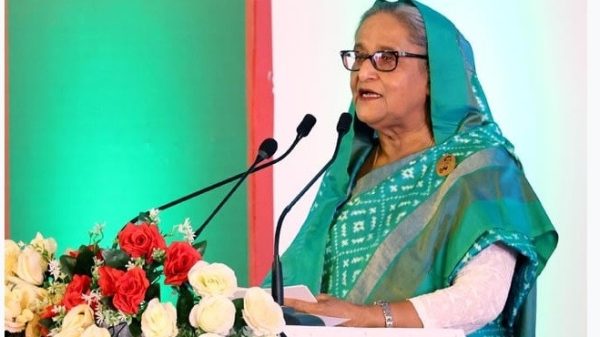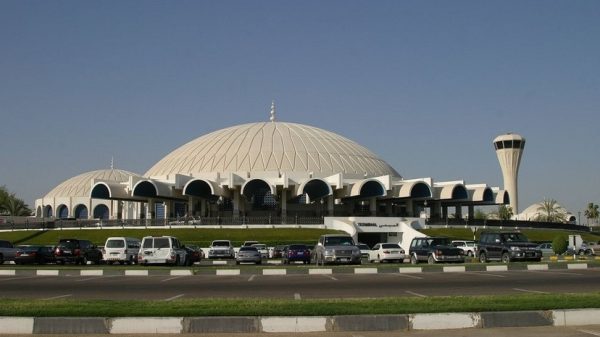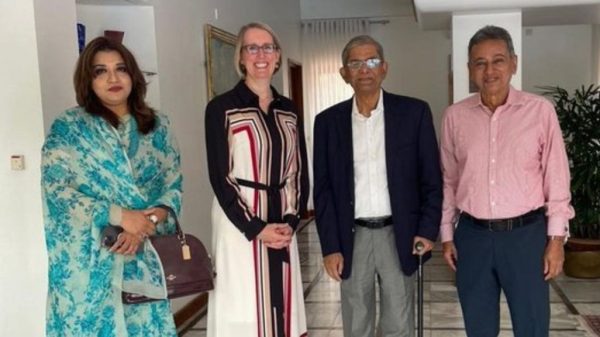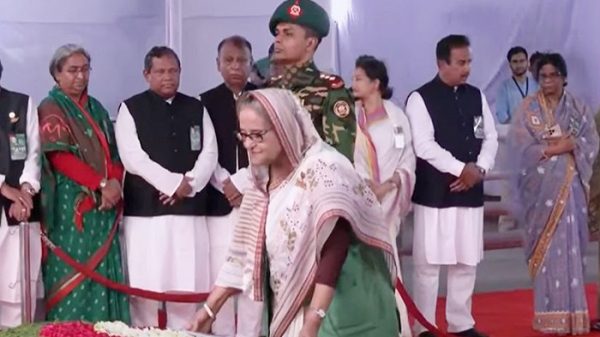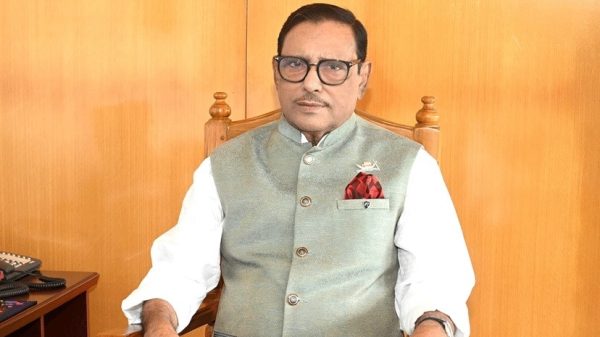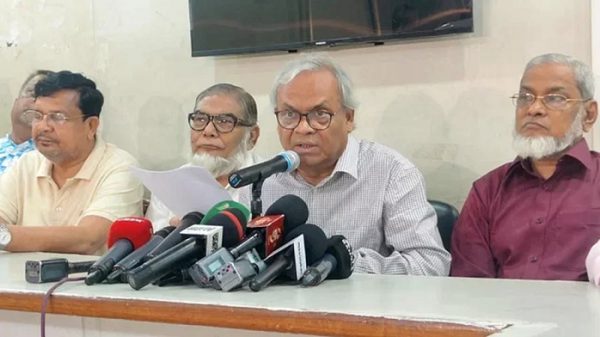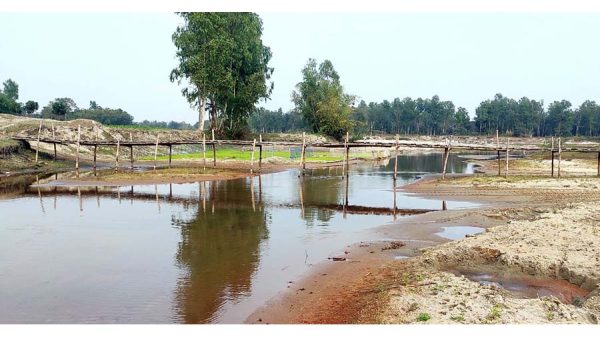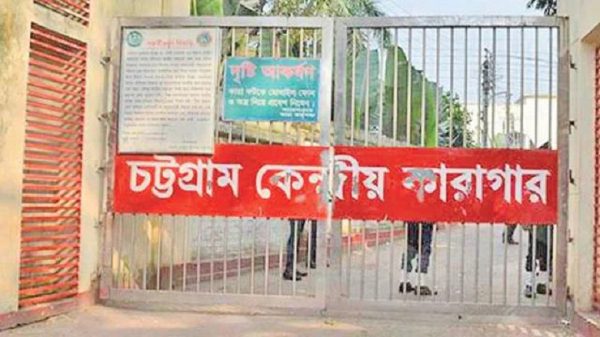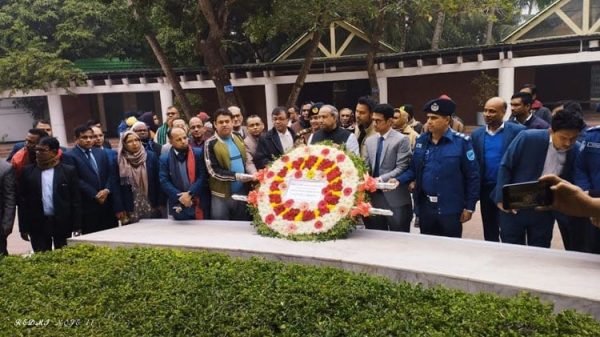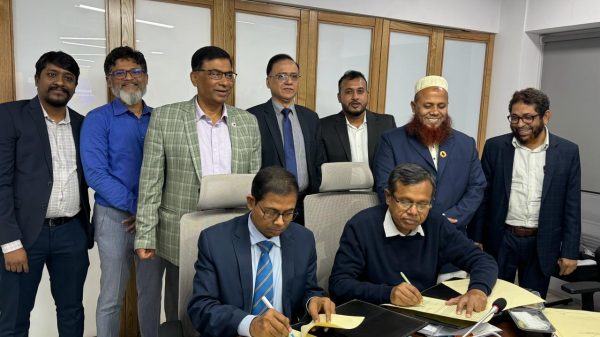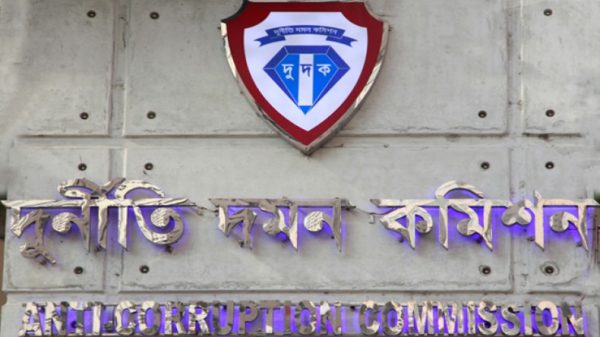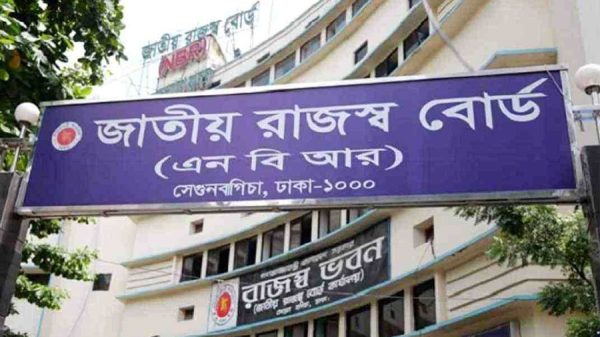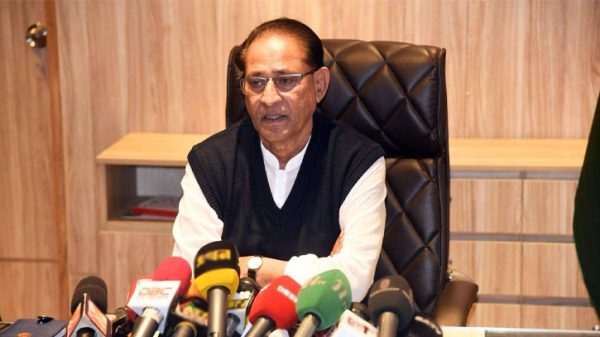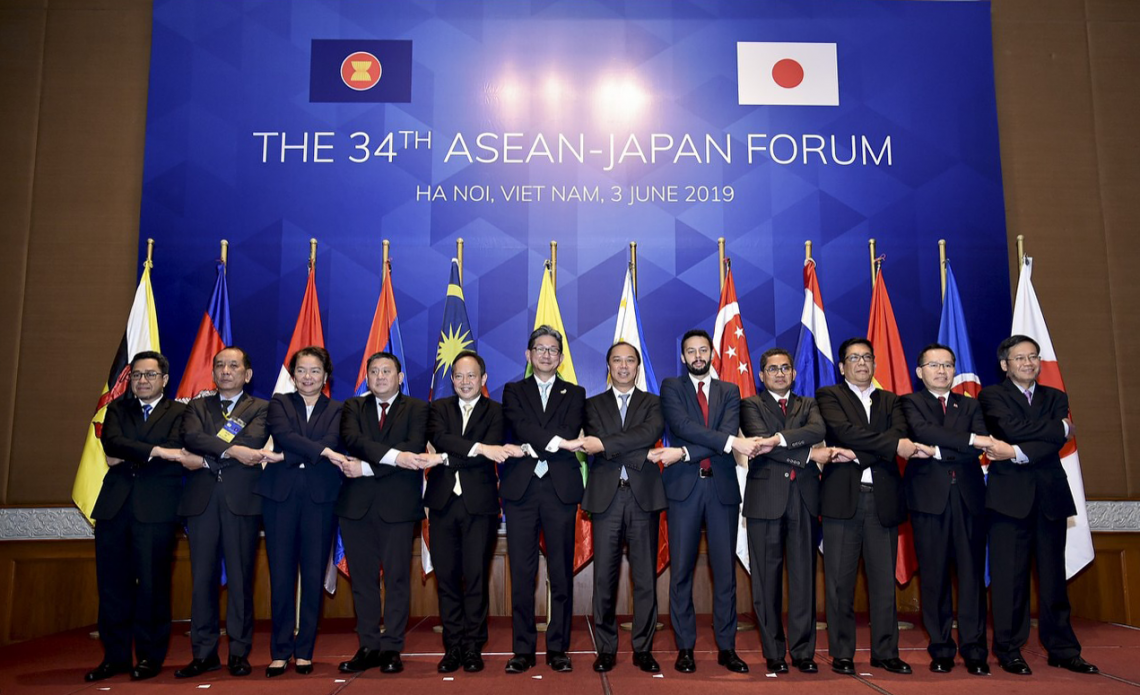Staff Reporter:
Forging strategic partnerships, strengthening economic ties, enhancing people-to-people exchanges, and facilitating regionalism and connectivity are imperative as Japan assumes a renewed role in South Asia under the leadership of Prime Minister Fumio Kishida.
These observations were made by speakers at a roundtable titled ‘Role of Japan in South Asia’ that was organized at a hotel in the capital city by the Bangladesh Institute of Peace and Security Studies (BIPSS) on Sunday.
Ambassador of Japan to Bangladesh Iwama Kiminori attended the event as the special guest, which also witnessed the attendance of Ambassadors, foreign diplomats, government officials, journalists, and aca-demics.
The session was moderated by Major (Retd) General A N M Muniruzzaman, President of BIPSS.
Muniruzzaman highlighted the evolving role of Japan in South Asia, as it seeks to diversify beyond its economic role in the region to encompass both economic and strategic partnerships.
In light of the recent Japan-Bangladesh summit to celebrate 50 years of diplomatic relations, he re-marked that the two countries have elevated their relationship from a ‘Comprehensive Partnership’ to a ‘Strategic Partnership,’ which will boost security and economic cooperation.
Along with assistance in infrastructure development, both countries have now signed defense cooperation in various fields. Japan is also entering a new phase in its security planning, as evidenced by a new na-tional security strategy and accompanying defense planning documents; this significant shift in strategic posture will make Japan a key strategic player in the region.
Iwama Kiminori highlighted the importance of incorporating South Asia in Japan’s foreign policy.
“As the center of gravity of the world economy shifts towards the region, South Asia needs to cease the momentum to enjoy more economic growth,” he stated.
In its Free and Open Indo-Pacific vision, Japan views South Asian countries as key geopolitical players and the development of the region as necessary for greater regional stability.
Bangladesh and Japan relations, he deliberated, have made significant progress and continue to flourish as visible through massive developmental projects, particularly the Matabari coal-fired power plant and Dhaka metro rail.
Bangladesh is also one of the top candidates for Japan’s Official Security Assistance (OSA), which will contribute to strengthening security in the Bay of Bengal.
Sustained economic and security cooperation with Bangladesh and the rest of South Asia, based on the countries’ unique environments, was deemed necessary for the prosperity and peace of the region.
Panelist Dr Iftekhar Ahmed Chowdhury, Distinguished Fellow at BIPSS traced the historical develop-ment of Japan’s foreign policy and discussed the central role Japan has played in South Asia.
Japan’s foreign policy has been greatly shaped by its sober, subtle, and sophisticated worldview, said the former caretaker government advisor for foreign affairs.
“Its foreign policy has undergone several changes throughout time, but its pacifist hues have remained constant. Under Prime Minister Kishida, however, the East Asian tiger is adopting a hardened approach that is highly defense-oriented accounting for the Ukraine conflict and security challenges from China and North Korea.”
Dr. Iftekhar emphasized that with this new strategic posture, it will be vital to strengthen relations with South Asia. Japan’s commitment to the South Asian region is highly evident as observed through its developmental projects, such as the Big B project and its initiatives in northeast India. Such efforts to transform South Asia are based on a mutually rewarding model of cooperation in which a ‘stronger partner helps a weaker partner stand up’.
Panelist Dr Lailufar Yasmin, Professor and Chairperson of the Department of International Relations at the University of Dhaka, stressed the need for regionalism and connectivity as well as stronger people-to-people exchanges.
It is also one of the least integrated regions in the world economically, hence the ideas of connectivity and regionalism are pertinent.
Japan, she believes, can play the role of such a regional builder, as it has long been an advocate of hori-zontal relations in the Global South. ‘
“Japan is not only an aid donor, but also as a crucial strategic partner”, she remarked.
Long-term strategic partnerships with Japan will provide both economic and security benefits to Bangla-desh and the other South Asian countries.
She proposed that relations be strengthened further if Japan strives to increase its soft power appeal, par-ticularly in terms of people-to-people contacts.


